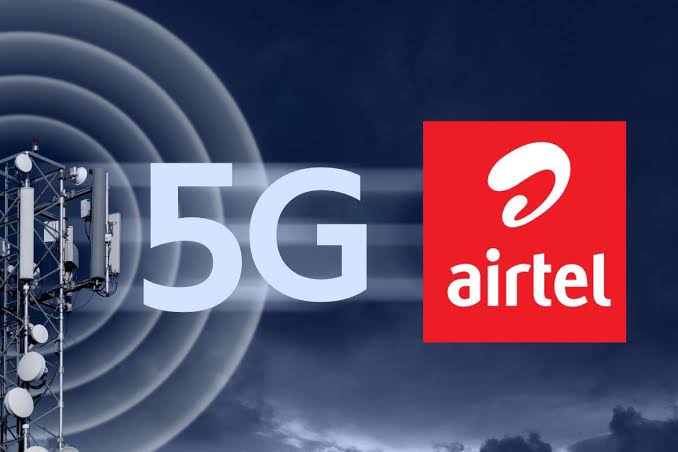The push towards ultra-broadband technology in Senegal has accelerated, particularly with the emergence of 5G. The country strives to meet the rising demand for broadband connectivity and the changing digital consumption habits sparked by the COVID-19 pandemic.
Sonatel, an offshoot of Orange, a prominent French telecommunications firm, has surfaced as the leader in this contest.
Following a thorough assessment by Senegal’s telecommunications regulator, ARTP, after itsapplicstion for 5G license applications, Sonatel’s impressive proposal of XOF34.5 billion ($59.1 million) clinched the deal, surpassing local competitors, Free and Expresso, who put forth bids of XAF3 billion ($5.12 million) and XAF2 billion ($3.4 million) respectively.
Agreement and specifications, which will define its 5G coverage goals. This will pave the way for deploying its 5G network, thereby introducing advanced, high-speed connectivity to the population of Senegal.
Sonatel boasts a user base of more than 32 million mobile consumers spanning several West African nations, which include Senegal, Mali, Guinea, Guinea Bissau, and Sierra Leone.
Senegal is now set to join the ranks of over a dozen African countries, including Nigeria, Botswana, Egypt, Gabon, Kenya, Lesotho, Madagascar, Mauritius, Mozambique, Seychelles, South Africa, Uganda, and Zambia, all of which have already launched the 5G network.





